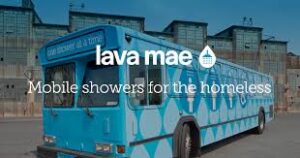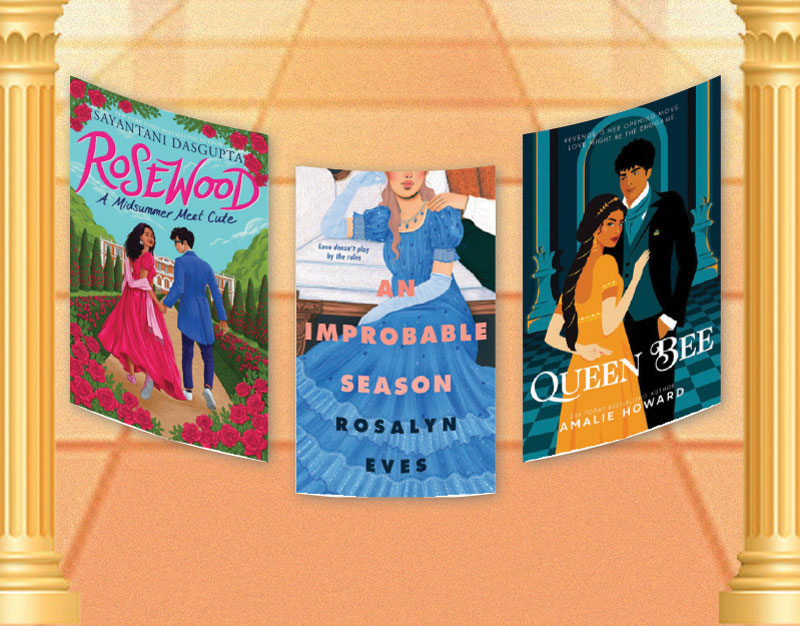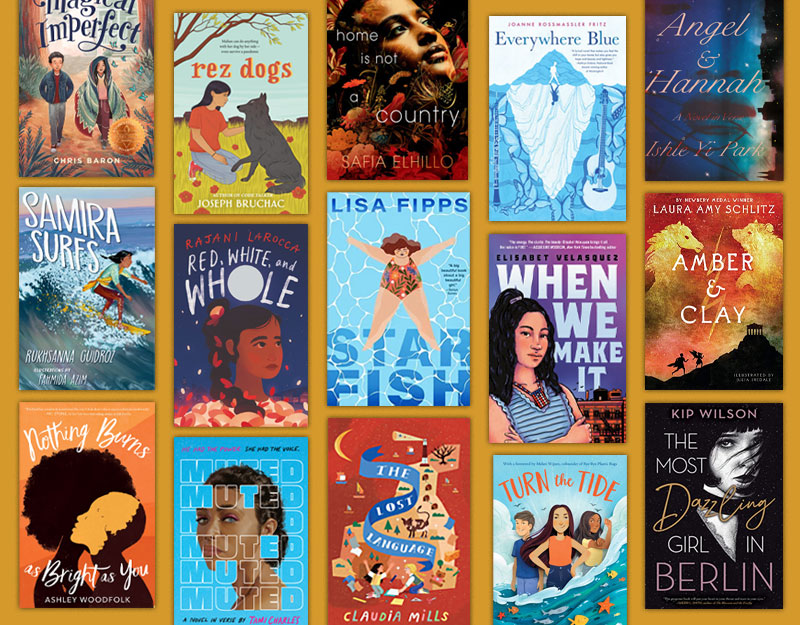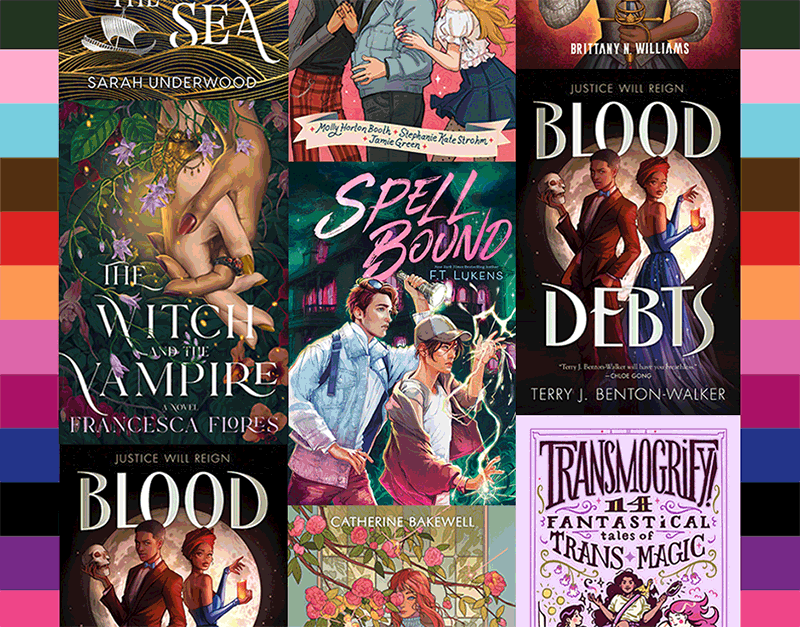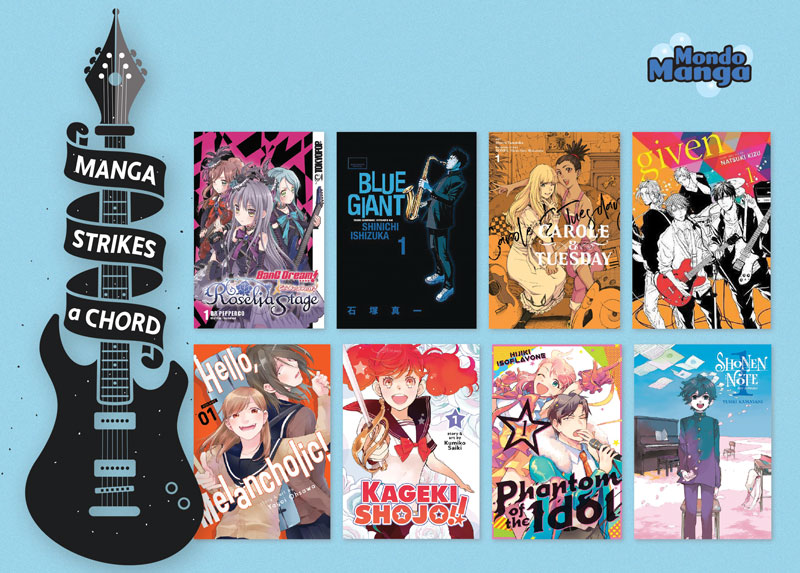Take 5: Things I Learned at the Library Journal Directors’ Summit
I had the honor last week of attending the Library Journal Directors’ Summit although I am not, in fact, a library director. I was invited to attend and speak about doing a collection diversity audit and I challenged the library directors in attendance to put some intentional effort into building equality in their collections by asking their staff in one way or another to engage in diversity audits. If we don’t audit our collections – or at a bare minimum our book orders – how do we know that we are in fact building inclusive collections? Far too often we rely on good will, gut feelings, and this idea that because we believe in diversity that we are doing the work. I would argue, and my own experience auditing my collection supports this belief, that even those of us with the best of intentions can find ourselves falling far short of our stated goals. In fact, because the state of children’s literature is so far from diverse, building inclusive collections takes a lot of very intentional work.
Intentional equity was a big theme of this year’s Directors’ Summit, and it was inspiring to hear about what other libraries are doing to meet the needs of their local communities and to help make the world a better place. Here are just a few of the things that I heard talked about this past week.
ADVERTISEMENT
ADVERTISEMENT
San Francisco Pop Up Care Village
If you are engaged in the professional discussions in any way, you are probably aware that the city of San Francisco, like many cities, is struggling to meet the needs of a large homeless population. San Francisco began hosting pop up care events that includes inviting LavaMae mobile shower units to come provide free showers, inviting local barbers to come give free hair cuts, providing free food and more. What an amazing service this is and I was moved by the care in which participants talked about what they were doing and why to help serve their homeless population.
Outreach to New Citizens, Immigrants and Refugees
Both the San Diego Public Library and the San Francisco Public Library shared stories about how they did outreach to immigrants and refugees in a variety of ways, including being present at citizenship graduations and swearing in ceremonies where they handed out free books and celebrated the new citizenship status of their patrons. Although there is a lot of divisive rhetoric happening in political discussions regarding refugees and immigration, both of these libraries have made it part of their mission to be sanctuaries to these marginalized groups and they are actively working to engage and meet the needs of immigrant and refugee families and their children in profoundly moving ways. You can get examples of the work they are doing here and here.
Narcan in the Library
I have personally been against the idea of asking or requiring staff to provide first aid measures of any sorts to patrons outside of calling 911 and handing out bandages. I felt very strongly when my library installed AED devices and required all staff to receive training. My argument has been simple: I purposefully chose to become a librarian as opposed to a first responder or nurse or other medical care provider because I didn’t want the high responsibility that came with it and, if we’re being honest, because I have the highest gag reflex you’ve ever seen. Michelle Jeske from Denver Public Library talked about libraries as first responders and how her libraries staff had saved 22 lives using Narcan in the past couple of years by administering this drug. One of the things I liked best about it was that staff were allowed to take the training if they wanted to, but they were in no way required to do so. She talked a lot about the realities of the opioid crisis, something that I have seen first hand working in public libraries in Ohio, and the emotional trauma of witnessing someone die in your library, something I have thankfully not experienced. The big point she mentioned is that whether we want to be or not, public libraries ARE in fact first responders and that has to change how we respond to community crisis. It was an interesting presentation that left me with a lot to think about regarding this issue.
A Seat at the Table and Emergency Response
One of the themes that came up repeatedly in the various discussions among those present was the idea of having a seat at the table in communities when it came to budgets, planning, and responding to crisis. Some libraries discussed how they were partnering with outside and city organizations to help make sure that they were assured a seat at those tables. Palm Beach County Library System is working with city organizations in crisis response, for example. When a crisis happens, library staff are sent to shelters to provide storytimes and information services. At the same time, other staff are sent to the response hub to help provide timely research regarding issues that come up and to archive data as it’s coming in. This was a creative way to network with outside agencies and meet the needs of a local community in crisis.
Going Fine Free
One of the sessions was specifically about the need for libraries to go fine free. There were three presenters and each of them talked about how they did the research and it showed that fines were keeping the most vulnerable and marginalized groups in our socety, the very people who needed the library the most, from using the library. They crunched the numbers regarding the local service populations and blocked cards and found that the largest percentage of those blocked cards were from households living in poverty, where paying even a small fine would be a huge hurdle. This meant that those households weren’t using the library. But more than that, they had developed a negative view of the library. Each of the libraries stated that they first implemented automatic renewals to help alleviate this problem but eventually went to fine free. This resulted in many positive outcomes: staff were happier because they didn’t have to fight with patrons about small fines, circulation went up, the public had more positive feelings about the library, and the most vulnerable populations were once again able to use the library resources and services that they needed to. Going fine free helped these libraries better meet the library’s mission and goals. I am a big advocate for going fine free and hope that every library out there is seriously considering doing so moving forward.
There were a lot of other interesting things discussed at this event and I’ll be thinking about parts of it for a while. Since this event was geared towards library directors, it was interesting to get an inside glimpse of the types of things that directors are thinking about, talking about, and working towards. There was a lot of discussion of strategic planning, meeting goals, deciding what service populations were most under-served and how best to meet their needs, staff buy-in, and staff support and development. I also got to hear first hand a lot of the obstacles these directors face in trying to best serve their goals, including local politics and ordinances, budgets and, unsurprisingly, staff buy-in.
This was a very interesting event to get to glance behind the curtain and I’m glad I had the opportunity to do so. Don’t worry, I don’t suddenly want to be a library director, I feel genuinely called to be a YA Librarian. But it was nice to see a lot of good directors thinking and talking about a lot of the same things I hear my fellow YA Librarians discussing. I know that many of us don’t often feel supported by administration, but there are a lot of directors out there who are listening.
Filed under: Take 5
About Karen Jensen, MLS
Karen Jensen has been a Teen Services Librarian for almost 30 years. She created TLT in 2011 and is the co-editor of The Whole Library Handbook: Teen Services with Heather Booth (ALA Editions, 2014).
ADVERTISEMENT
ADVERTISEMENT
SLJ Blog Network
2024 Books from Coretta Scott King Winners
Monster Befrienders and a Slew of Horror/Comedy: It’s a Blood City Rollers Q&A with V.P. Anderson & Tatiana Hill
Monkey King and the World of Myths: The Monster and the Maze | Review
Parsing Religion in Public Schools
ADVERTISEMENT




